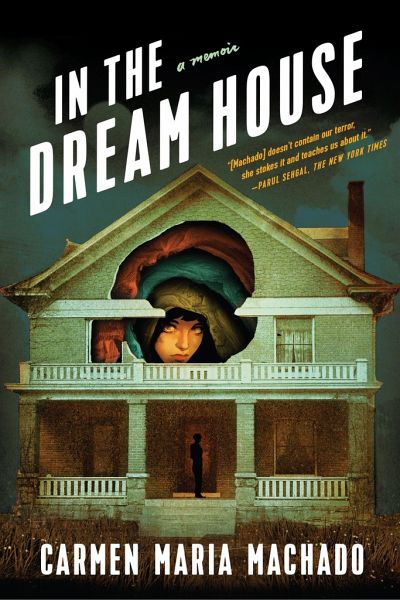

The archive on domestic violence in the queer community is itself liminal. It’s an effective device: searching for a way to make sense of what has happened, she is driven to create.

The abuse and its repercussions are examined through a range of lenses, and the various viewpoints come together in Machado’s narrative. The relationship is reimagined though every possible genre: as folktale, as American gothic, as Mrs Dalloway. It is the expression of this breaking down in the form and structure of the book that makes it a tour de force. She scares her, grabs her, rages at her, frightens her. She flies into jealous rages accusing her of wanting to fuck everyone else, including her own father. But then her new partner no longer wants to be in an open relationship and no longer wants to share her with anyone. Her full body – “zaftig”, as she describes it – is now worshipped. Machado is completely in sexual thrall to her.

She meets a woman who is in an open relationship and who has to have her. The relationship that she describes is so familiar. And second, never forget I am a lesbian.” Reading Machado’s extraordinary book one is caught in this ambiguity. The African American poet Pat Parker has said: “First forget I am a lesbian.


 0 kommentar(er)
0 kommentar(er)
